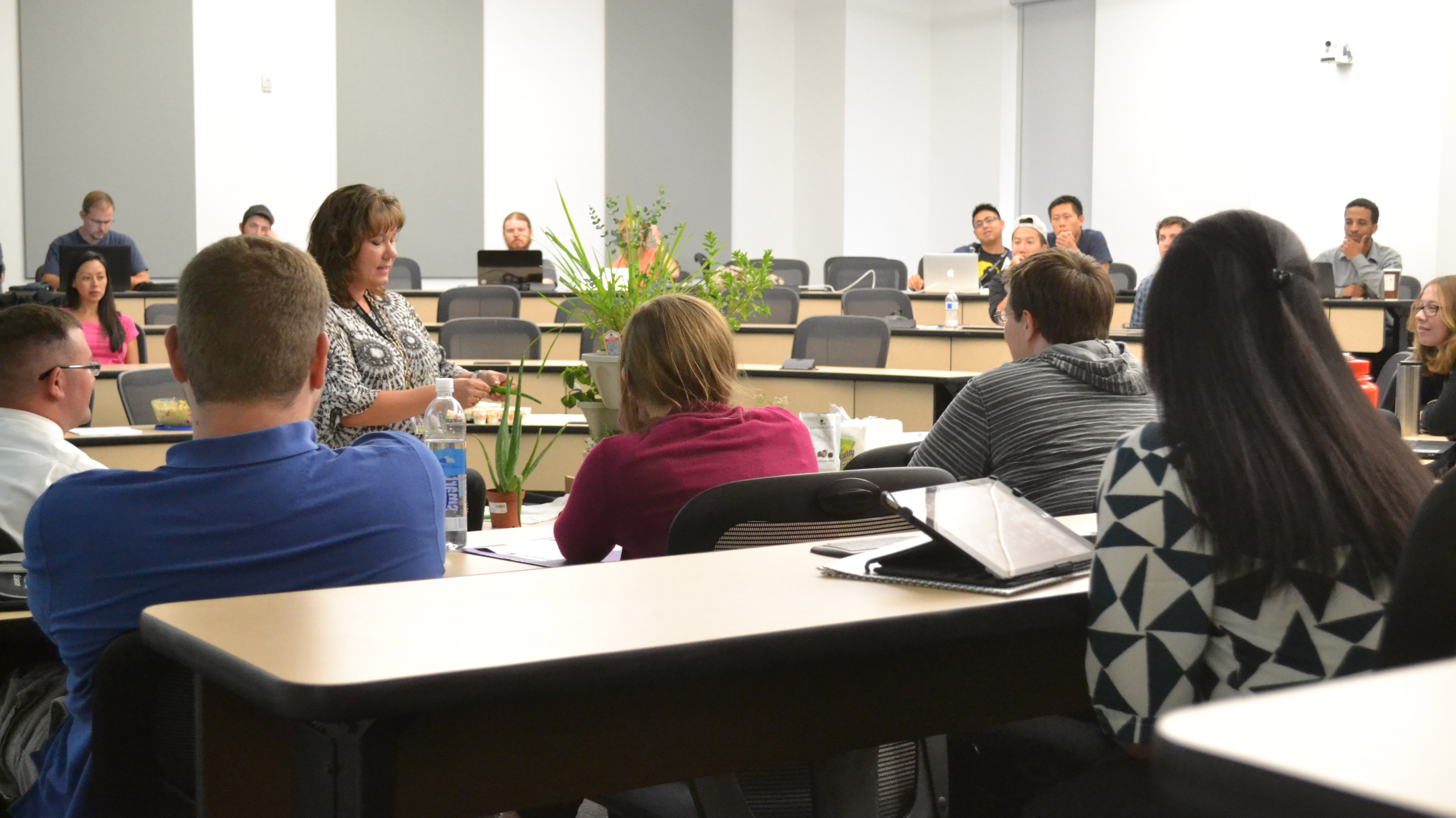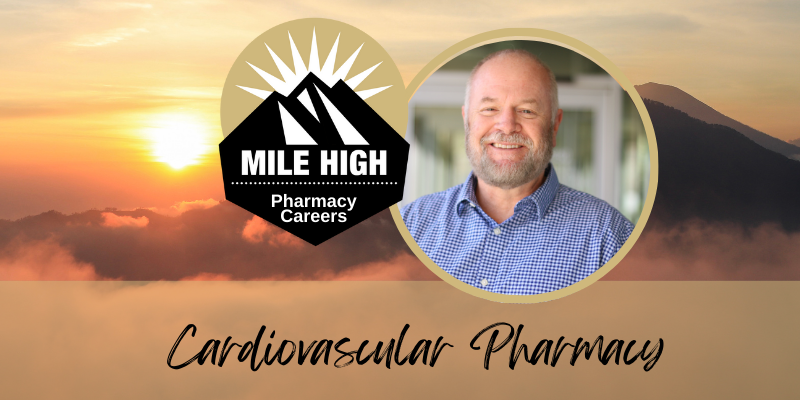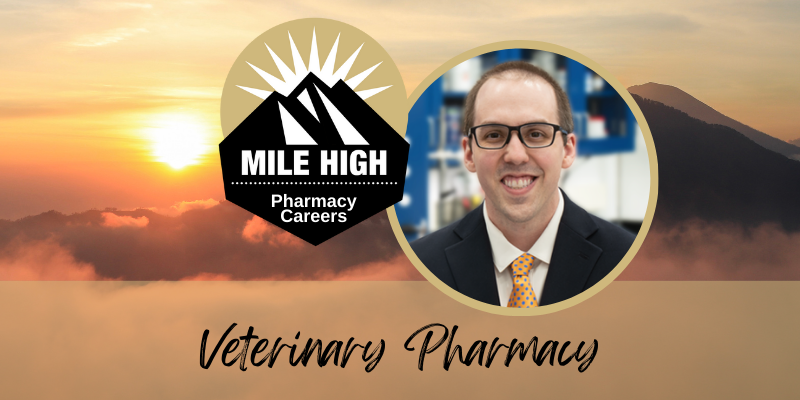Thanks to Tagawa Gardens, CU Skaggs School of Pharmacy students last week received a first-hand look (and taste!) at common herbs in their plant and root forms.
The class, Complementary and Alternative Medicine, is a hybrid course that combines lecture with interactive on- and off-campus components to develop students’ knowledge base of the subject. Specifically, the class covers common vitamins and minerals, herbal products, and bio-identical hormones, and briefly touches on core CAM domains and discussions of regulatory issues.
“The students get a chance to see the herbs, touch them, smell them, maybe taste them,” said Monika Nuffer, PharmD, senior instructor in the Department of Clinical Pharmacy.
Preparing for the real world
The 40-student class, which is waitlisted each year, covers herbs and modalities through didactic teaching, guest lectures and hands-on demonstrations.
“Dr. Nuffer is a great professor; she brought in knowledgeable professionals to teach us about their work,” said Felicity Burke, a P-4 student who took the course last year. “She had us debate with one another to show that there are multiple opinions about complementary medicines even when looking at the same evidence. This was one of my favorite classes and is one of my favorite subjects that I am going to pursue in my future career!”
As part of the course, students are required to participate in class, create a webliography, and visit health food stores as secret shoppers for exposure to what consumers are encountering, among other assignments.
“I think the most important thing I learned was how to talk to other providers about complementary medicine,” said Burke. “Most providers want to avoid the use of supplementary medicine, because they don't know much about it. I am now a valuable resource for providers and believe if it is not harmful to the patient, then why not try it.”



